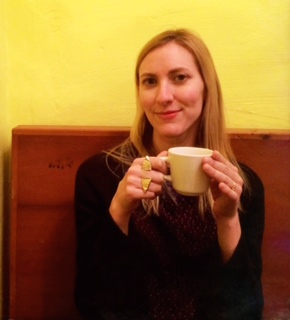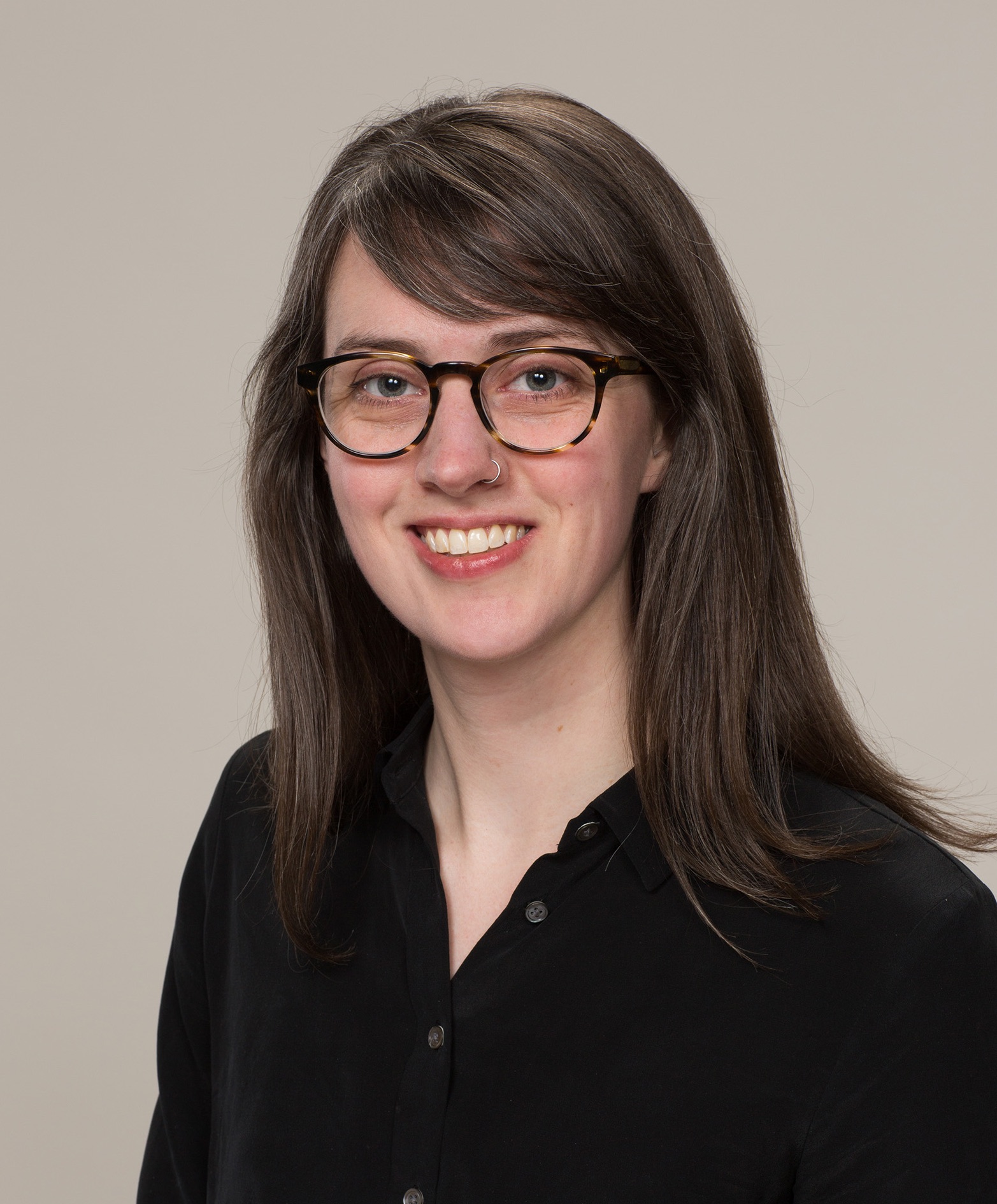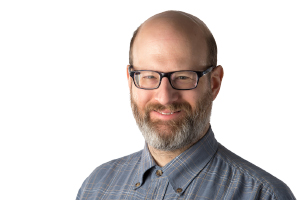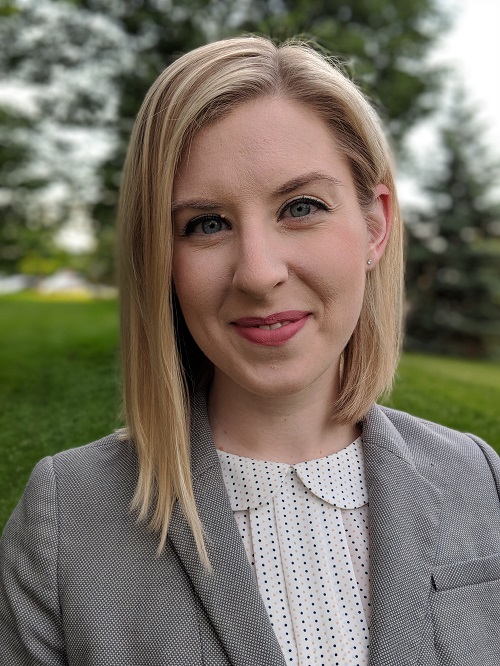- About Archives
- About SAA
- Careers
- Education
- Publications
- Advocacy
- Membership
Susan Malsbury

Susan Malsbury is the Digital Archivist for The New York Public Library, working with born digital archival material across the three research centers of the Library. In this role, she assists curators with acquisitions; oversees technical services staff handling ingest and processing; coordinates with public service staff to design and implement access systems for born-digital content. Susan received her Masters in Library and Information Science from Pratt Institute in 2009 and has worked with archives at NYPL in various capacities since 2007.
As digital archives become increasingly pervasive in archival collections, the Electronic Records Section remains a key voice in providing leadership, expertise, and information to SAA and to the profession as a whole. As archivists, we have done significant work developing our best practices for the acquisition, ingest, and preservation of digital archives. Should I be elected Vice-Chair, I look forward to continuing this work as well as diving into the meaty issues our profession is currently tackling like discovery, access, and software preservation. Additionally, I’d like to also address ways to scale up processes to address the rapid growth and complexity of born-digital collections. I offer over ten years as an archivist with experience in processing paper, sound and video, and born-digital collections; providing public service to a diverse group of researchers; and most recently, heading the Digital Archives Program at the New York Public Library.

Jane is the Historical & Special Collections Assistant at the Harvard Law School Library and a graduate student at the iSchool at the University of Illinois at Urbana-Champaign. Her role for the past five years has included managing patron services and outreach, assisting with processing analog and born-digital material, and most recently, managing a grant project to facilitate born-digital collecting from student organizations on the HLS campus. For the past year she has been heavily involved in the implementation of the ArchivesSpace Public User Interface at Harvard, with an eye toward improving access to collections and the usability of the system in a large and complex environment.
As both a student and a professional, I am excited to ask for your vote to the steering committee of the Electronic Records Section. In the past five years I’ve spent in Historical & Special Collections at the Harvard Law School Library, I’ve taken an increasing interest in born-digital material. The resources that the Electronic Records Section has provided to me, and the rest of our community, have been invaluable from the very start of my career.
My hope as a steering committee member would be to contribute to the work of ERS by finding more ways to bring students and new professionals into the fold. Familiarity with electronic records is increasingly important for archivists in all kinds of work environments, but not everyone in the SAA community has equal access to instruction and mentorship in this area. Many of us face challenges building skills when graduate programs don’t offer relevant coursework, internships-- typically unpaid-- are not always feasible, and learning on the job feels impossible because getting a foot in the door is tough in a competitive job market. I believe the Electronic Records Section is in a great position to address these challenges.
I believe that ERS is in a wonderful position to continue its work (especially the phenomenal work done by bloggERS!) sharing documentation, case studies, and tips for established professionals. In addition, outreach to other groups within SAA, especially SNAP and anyone else who doesn’t consider themselves an “established professional” or comfortable with electronic records, would benefit not only individuals but the profession at large.

Scott Kirycki holds a Master of Science in Information degree from the University of Michigan School of Information. His specialization is Archives and Records Management, and he studied Preservation of Information as well. Previously, Scott worked for a company that made computer databases for lawyers. He also holds a bachelor’s degree in English from Calvin College and a Master of Arts degree in English from Clark University.
As the Digital Archivist at Notre Dame, I develop and implement policies, procedures, and workflows for records retention and the appraisal, ingest, and preservation of born-digital University records. As a new professional in the Archives and Records Management field, I'm eager to start taking part in the larger conversations fostered by the Electronic Records Section. I'm interested in the unique challenges and opportunities that surround electronic records, and I will share what I discover with the Section for the benefit of the electronic records archival community.

Kelsey is the Digital Archivist at Northwestern University where she leads the ingest, appraisal, accessioning, arrangement, description, and accessibility of born-digital archival collections, including web content, for five different special libraries. She received an MLIS from Dominican University with a Certificate in Archives and Cultural Heritage Resources and Services. Previously, she worked as the Associate Archivist at Columbia College Chicago, where she led the collection management for all physical and digital collections. Her research areas include accessibility of born-digital materials and the creation and implementation of tools to automate processing born-digital records.
As a Steering Committee Member, I will advocate that patrons have increased understanding of how to use and research with born digital materials. Context can be found in more than the information rendered on the screen, but also in the artifact of the physical media and its metadata. Without advocacy about how to use this material, we may be collecting into a void. Additionally, many archivists managing born-digital collections are not always on the frontlines of assisting researchers. It is important for ERS to provide resources which act as peer training guides for our colleagues who assist researchers but may not have as much technical background and familiarity with electronic resources or know what questions to ask.
Furthermore, my hope is that ERS can provide more practical resources for institutions which do not have dedicated staff managing and providing access to born-digital archives. We need to focus on inclusivity and build our resources to provide strategies for implementing and sustaining born-digital archives collection management for institutions of all sizes and types. Additionally, it is vital that ERS extend its advocacy beyond Section members to inspire those who are not yet actively thinking about collecting born-digital.
I will also ensure that more Section members are cognizant of the challenges and needs regarding software preservation. We need more research in this area, and more collaboration to make this a reality. The more advocacy proposed through ERS, the more likely it is we can participate in the international movement to help preserve software.